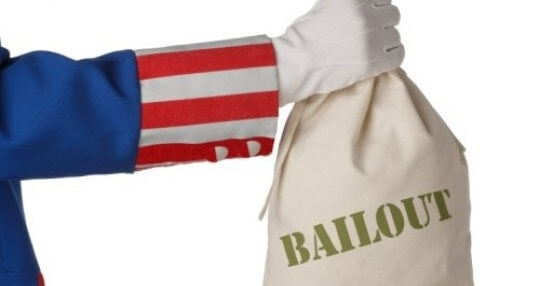Insurance companies are already among Washington’s biggest donors but that’s not stopping them from ramping up efforts to fight the Federal Reserve over new rules that would force the companies to be less risky.
After the industry received hundreds of billions of dollars in bailouts during the Great Financial Crisis the Federal Reserve is looking to prevent a similar taxpayer backstop.
The Fed hasn’t said much about the new rules but the industry worries that it will be treated like the ‘heavily regulated’ Wall Street banks.
And yet the banks aren’t that heavily regulated. This year has seen every single regulated investment bank tied to some type of mass-scale criminal activity that targets average investors. They’ve paid billions in fines and yet continue to concoct new and exotic ways to perpetrate crime.
Overly regulated they are not. So insurance companies shouldn’t have much to worry about, given they’ll receive a lighter touch.
Yet MetLife on Thursday lowered its forecasts for return on equity, citing the unknown impact of the new rules, among other things. Analysts agree which means that the giants, who are strategically important in the U.S. financial system, should be de-risked. If regulation lower the returns it means the returns are coming from too much risk – a bad thing when the U.S. taxpayer is backstopping the risky bets.
MetLife recently filed a lawsuit contesting a decision by regulators to subject the company to tougher rules and direct oversight by the Fed. It’s also spending record amounts lobbying to have the taxpayer pick up its tab if things go wrong.
Some members of congress who took the money have established the ominously sounding Financial Protection and Life Insurance Caucus, which has pledged to advocate for the industry’s interests on Capitol Hill.
The lobbying is troubling for democracy as the Fed is not, strictly speaking, part of the government but an independent body that services the government. The increasingly politicization of the organization interferes with its ability to do its job, which requires it to be impartial. The more politics get injected, the less impartial it becomes.
Richard Neal and Pat Tiberi, both members of the powerful House Ways and Means Committee, which regulates taxes, are co-chairs of the caucus. Both are huge benefactors of the big insurance companies.
Stay Connected